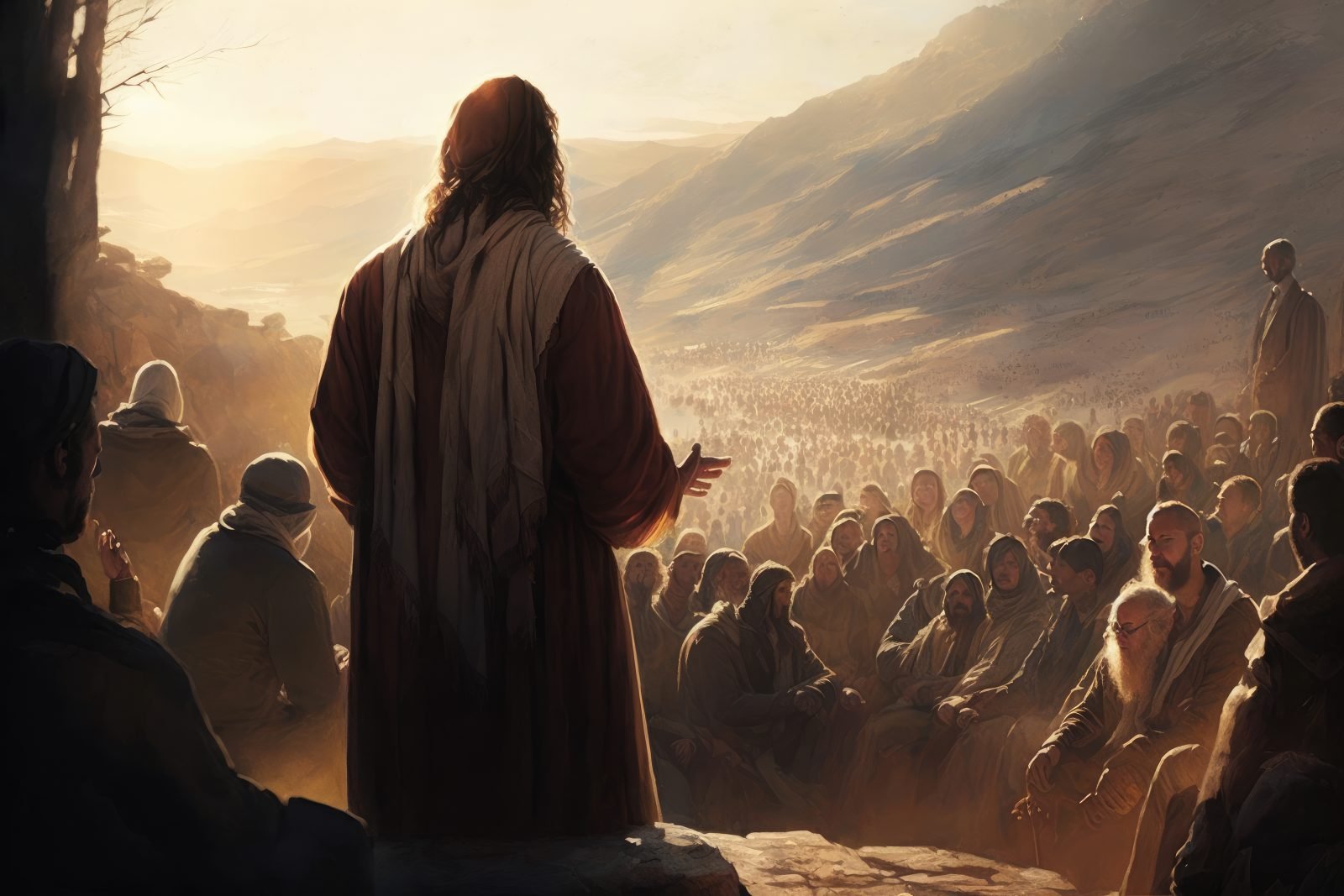The epistle begins with the greeting: “Paul, an apostle of Christ Jesus by the will of God, and Timothy our brother, to the saints and faithful brothers in Christ at Colossae…” (Colossians 1:1–2). This clearly identifies Paul as the author of the letter.
Purpose of the Letter
The main purpose of Paul’s letter to the Colossians is to emphasize the absolute sufficiency and supremacy of Jesus Christ. Paul presents Christ as the One in whom all things were created and through whom the fullness of deity dwells bodily. In Him are hidden all treasures of wisdom and knowledge (Colossians 2:3).
Paul’s message is clear: once someone has Christ, they lack nothing. There is no need to seek spiritual fulfillment through other religious practices, philosophies, or human traditions.
Key Thematic Verses
-
Colossians 1:15–17 (ESV):
“He is the image of the invisible God, the firstborn of all creation. For by him all things were created, in heaven and on earth, visible and invisible… all things were created through him and for him. And he is before all things, and in him all things hold together.” -
Colossians 2:3:
“In whom are hidden all the treasures of wisdom and knowledge.” -
Colossians 2:9:
“For in him the whole fullness of deity dwells bodily.”
Why Does Paul Emphasize This?
Paul writes this to combat false teachings that had begun infiltrating the church at Colossae. In Colossians 2:8, he warns:
“See to it that no one takes you captive by philosophy and empty deceit, according to human tradition, according to the elemental spirits of the world, and not according to Christ.”
There were people advocating Jewish legalism—insisting on observing festivals, Sabbath days, circumcision, and dietary laws (Colossians 2:16–17). There were also early forms of mysticism, such as angel worship (Colossians 2:18), and asceticism that gave the illusion of spirituality but had no power against sin (Colossians 2:20–23).
Paul stresses that all these practices are shadows, but the substance belongs to Christ. It is Christ alone who cancels the record of our debt through His death on the cross (Colossians 2:14), and in Him, we have forgiveness, victory over sin, and access to God.
Living a New Life in Christ (Colossians 3)
True faith in Christ is not merely intellectual or ceremonial—it transforms the believer’s daily life. Paul exhorts believers to set their minds on things above (Colossians 3:1–2) and put to death sinful behaviors such as:
-
Sexual immorality
-
Impurity
-
Evil desires
-
Anger
-
Malice
-
Slander
-
Obscene talk
Instead, Christians are to “put on the new self,” marked by:
-
Compassion
-
Kindness
-
Humility
-
Meekness
-
Patience
-
Forgiveness
-
Love
He continues by applying this new life to household relationships (Colossians 3:18–21):
-
Wives should submit to their husbands.
-
Husbands must love their wives.
-
Children must obey their parents.
-
Fathers should not provoke their children.
This section reveals that Christianity transforms not only our spiritual life but also our social and family lives.
Christian Conduct in the World (Colossians 4)
Paul urges believers to:
-
Continue steadfastly in prayer (4:2)
-
Walk in wisdom toward outsiders (4:5)
-
Let their speech be gracious, seasoned with salt (4:6)
He also addresses masters and slaves, urging fairness and justice—showing that the gospel applies even to economic and social structures (Colossians 4:1).
Final Greetings and Fellowship (Colossians 4:7–18)
Paul concludes by sending greetings from fellow workers including Tychicus, Onesimus, Aristarchus, Mark, Luke, and Demas. This final portion highlights the importance of gospel partnership and mutual encouragement in the Christian community.
Summary and Conclusion
In summary, Colossians teaches that:
-
Christ is completely sufficient for salvation, wisdom, knowledge, and sanctification.
-
Believers are complete in Him and need not turn to human traditions, legalistic rituals, or mystical experiences for spiritual fulfillment.
-
True faith in Christ is evidenced by a transformed life that reflects the character of Jesus in personal, familial, and public spheres.
Additional Lessons from Colossians
-
The Power of Persistent Prayer
Paul and Epaphras are both noted as men of unceasing prayer (Colossians 1:3, 1:9, 4:12). This reminds us of the vital role of intercessory prayer for the local church and the global body of Christ. -
Christ is Not Just Savior, But Also Lord
Colossians affirms both the divinity and lordship of Jesus. We are not just saved from sin; we are called to walk in Him (Colossians 2:6). -
Our Identity Is Found in Christ
Believers are not defined by race, social status, or religious background. In Christ, “Christ is all, and in all” (Colossians 3:11).
May the Lord bless you as you reflect on the profound truths of Colossians, and may your life be a living testimony of the sufficiency of Christ in all things.









